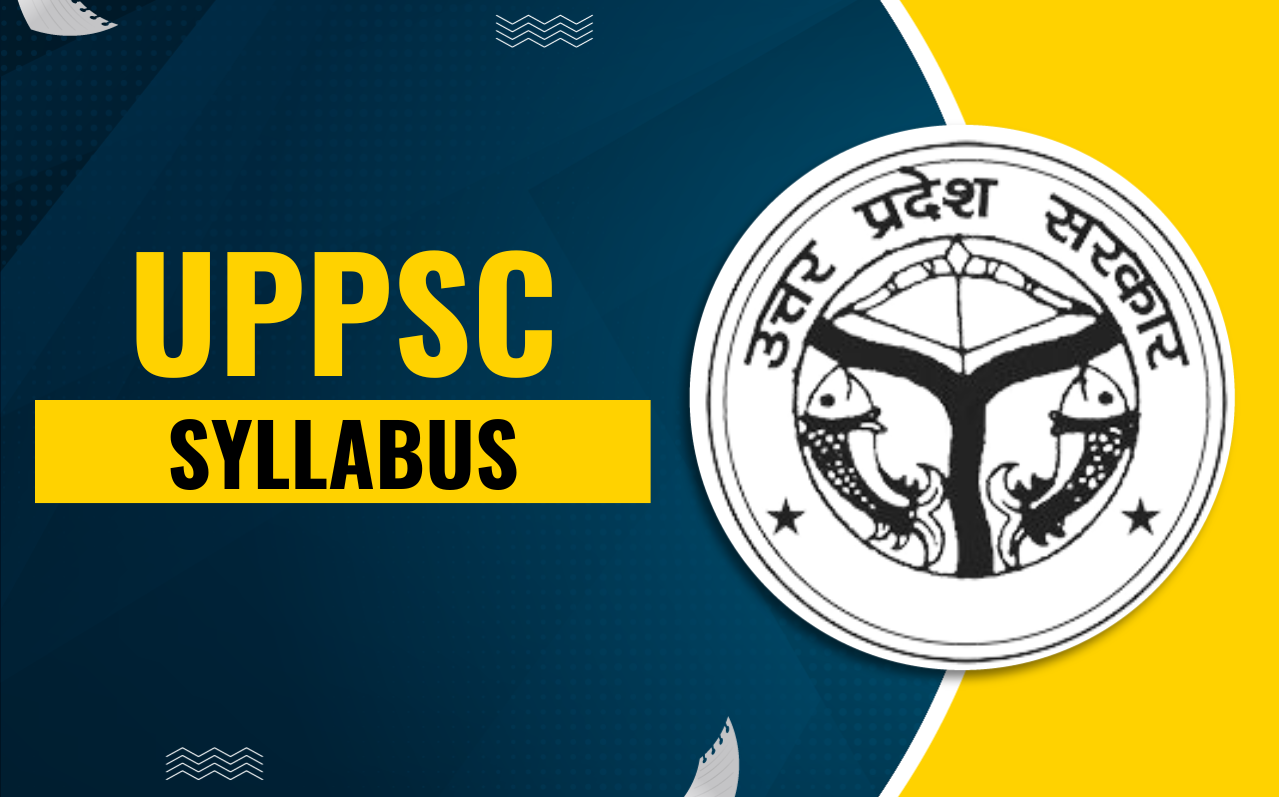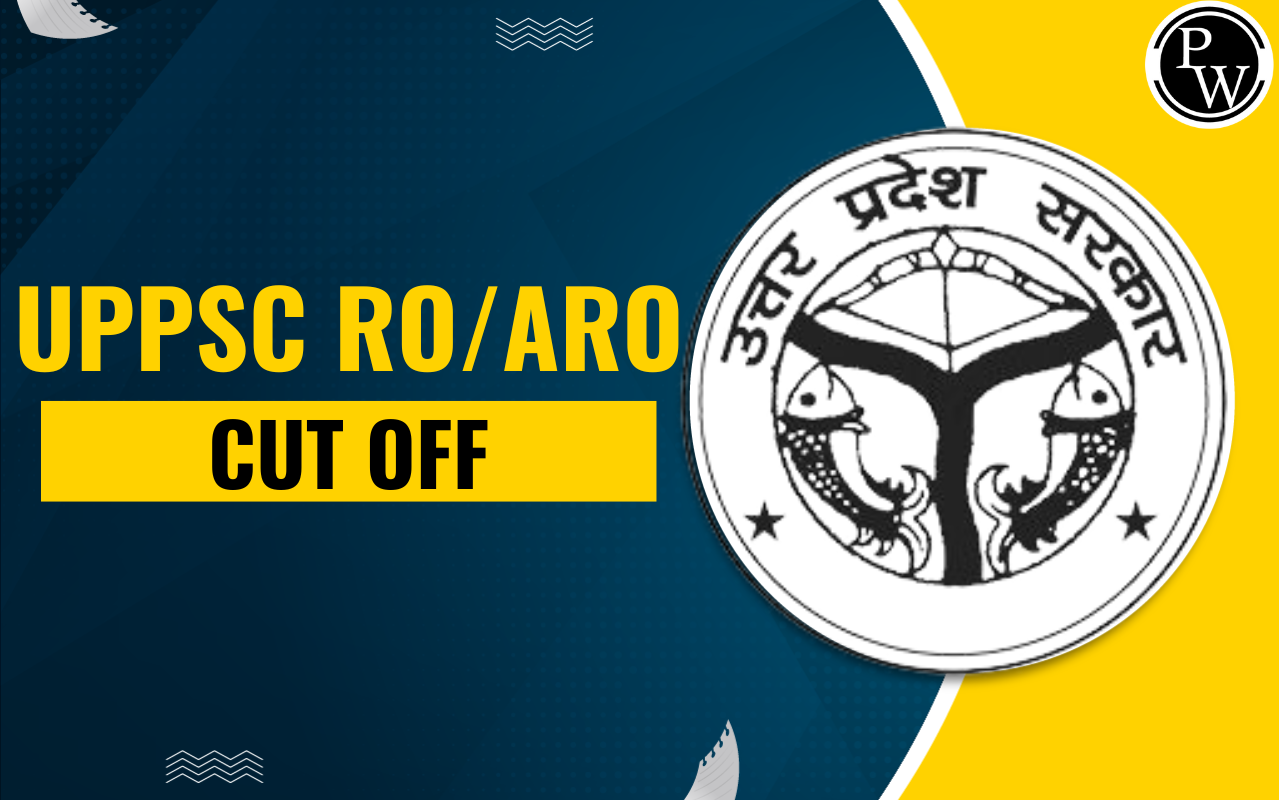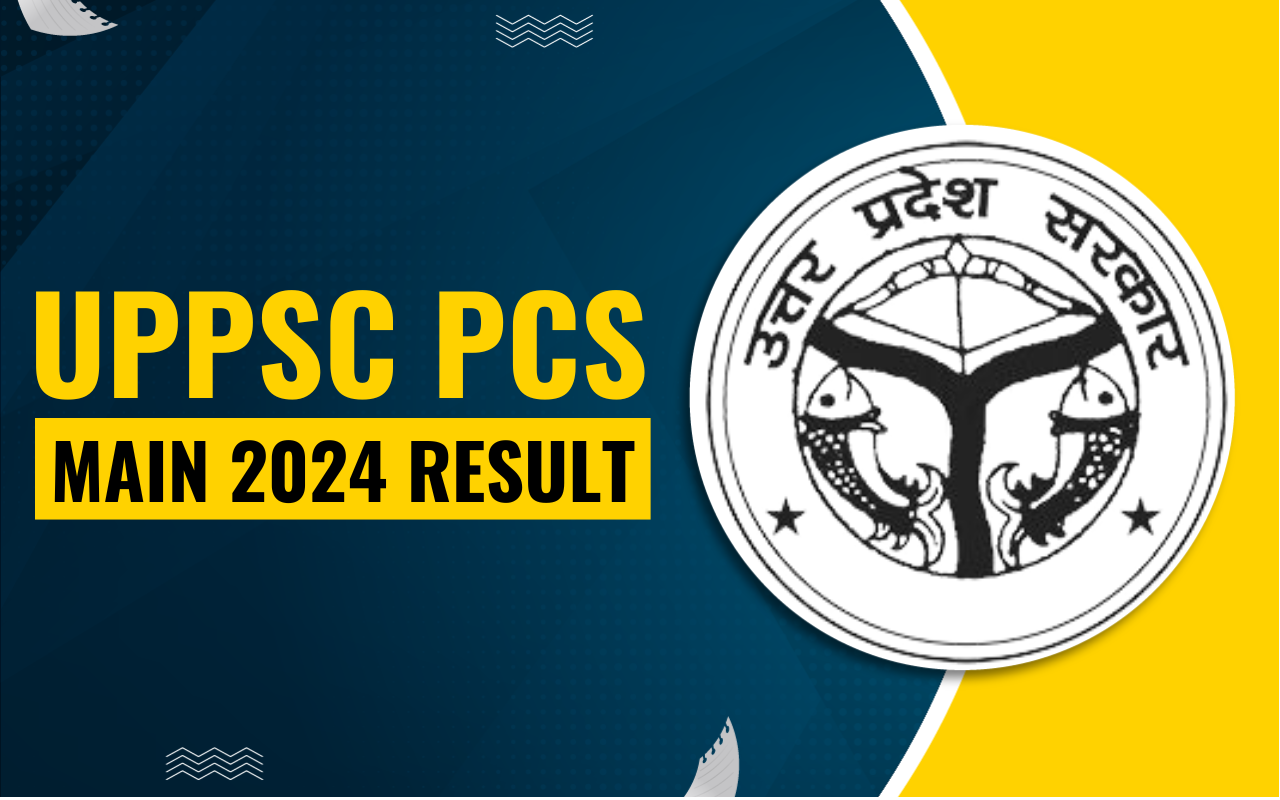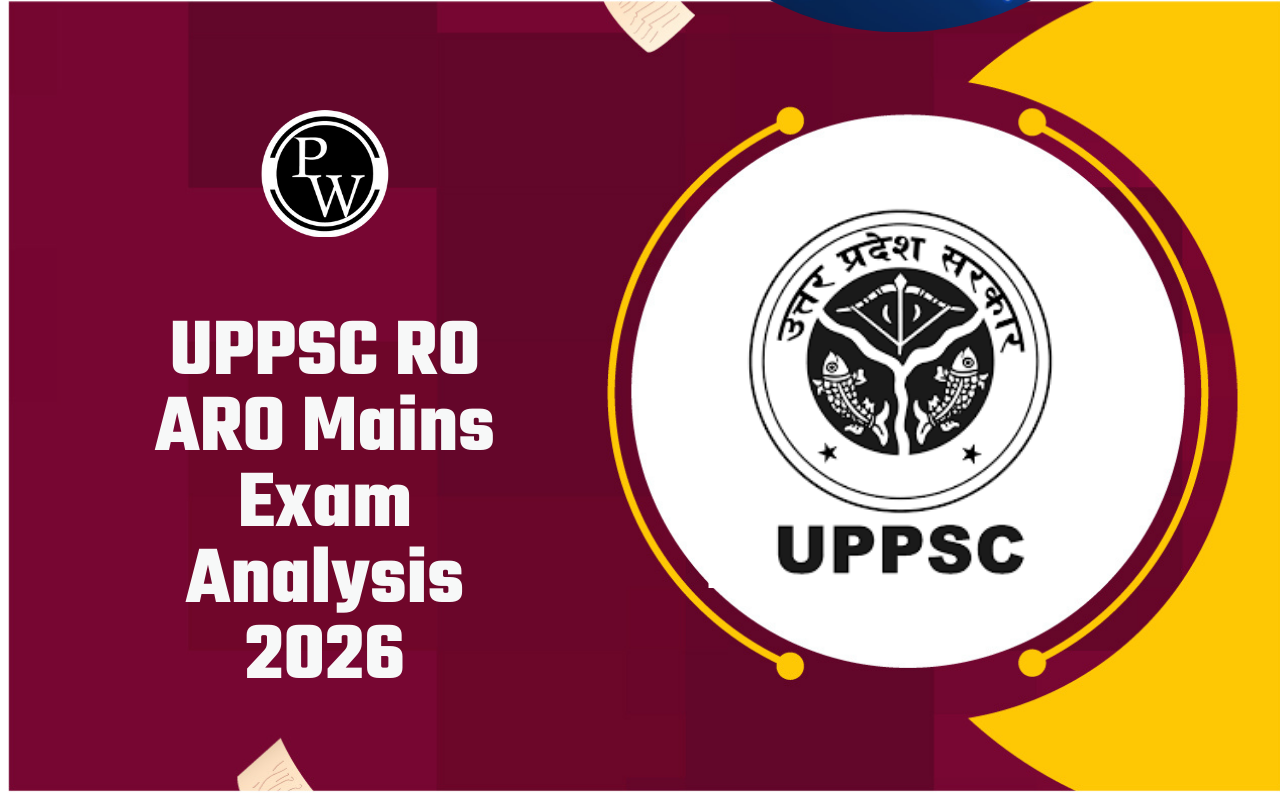
Dr. A.P.J. Abdul Kalam Biography: Dr. A.P.J. Abdul Kalam was one of India’s most respected scientists and leaders. He is remembered as the “Missile Man of India” for his important work in developing the country’s missile and nuclear programs, and he also served as the 11th President of India from 2002 to 2007. Loved for his simplicity, vision, and dedication, Dr. Kalam inspired millions of people to dream big and work hard for their goals.
Early Life and Education
A.P.J. Abdul Kalam was born on October 15, 1931, in Rameswaram, Tamil Nadu. His full name was Avul Pakir Jainulabdeen Abdul Kalam. He came from a simple Muslim family. His father was a boat owner, and his mother was a housewife. Even though his family didn’t have much money, Kalam loved to learn and worked hard in his studies from a young age.
He went to school at Schwartz Higher Secondary School in Ramanathapuram. Later, he studied physics at Saint Joseph’s College in Tiruchirapalli and finished his degree in 1954. Kalam was very interested in flying and machines, so he joined the Madras Institute of Technology to study aerospace engineering. There, he learned the important skills that helped him become a great scientist.
Career as a Scientist and Achievements
After finishing his studies, Dr. A.P.J. Abdul Kalam started working at the Defence Research and Development Organisation (DRDO) in 1958. There, he first worked on making a small hovercraft. But he was not fully happy with his work, so he moved to the Indian Space Research Organisation (ISRO) in 1969. At ISRO, he became the Project Director for India’s first Satellite Launch Vehicle (SLV-III). In 1980, this rocket successfully sent the Rohini satellite into space, which was a big achievement for India.
In the 1980s, Kalam went back to DRDO and led important missile projects like Project Devil and Project Valiant. He helped develop powerful missiles like Agni and Prithvi. Because of this, people started calling him the "Missile Man of India." He also played a key role in the 1998 Pokhran-II nuclear tests, which made India a recognized nuclear power.
Career as President of India (2002-2007)
In 2002, A.P.J. Abdul Kalam became the 11th President of India. He was the first scientist and unmarried person to become President. Both the ruling and opposition parties supported him. People loved him for his simple and kind nature, so he was called the "People’s President." While he was President, he worked on improving education, helping the youth, and developing the country. One of the important actions he took was putting Bihar under President’s Rule in 2005.
Ramdhari Singh Dinkar Biography
Later Life and Legacy of Dr. A.P.J. Abdul Kalam
After his presidency, Kalam dedicated himself to teaching, writing, and inspiring students across India. He served as a visiting professor at several prestigious institutions, including the Indian Institutes of Management and Anna University. He launched initiatives like "What Can I Give?" to encourage youth to fight corruption and serve the nation.
Kalam authored several books, including his famous autobiography "Wings of Fire," which has inspired millions. He was known for his vegetarian lifestyle, humility, and deep connection with children and students
Death and Memorial of Dr. A.P.J. Abdul Kalam
On July 27, 2015, while delivering a lecture at IIM Shillong, Kalam collapsed and passed away from cardiac arrest at the age of 83. He was given a state funeral in his hometown of Rameswaram, attended by thousands of admirers and dignitaries. A memorial was established in his honor near his burial site.
Awards and Honors of Dr. A.P.J. Abdul Kalam
Here is the list of awards that Dr. A.P.J. Abdul Kalam received in his successful career.
-
Bharat Ratna (1997): India’s highest civilian honor
-
Padma Bhushan (1981)
-
Padma Vibhushan (1990)
Dr. A.P.J. Abdul Kalam Biography FAQs
What is the full name of Dr. A.P.J. Abdul Kalam?
When and where was Dr. Kalam born?
What is Dr. Kalam popularly known as?
What was the educational of Dr. Kalam?
Which organizations did Dr. Kalam works as a scientist?










